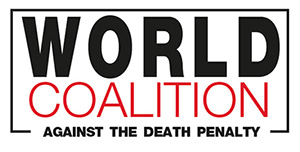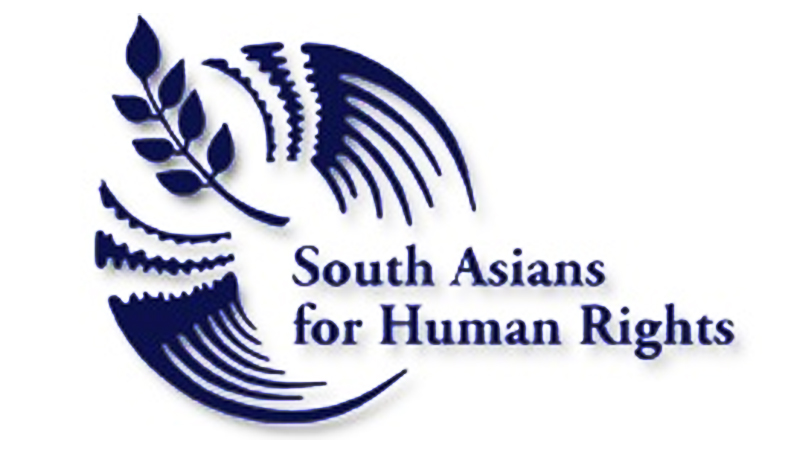EU must use dialogue to push for concrete human rights improvements
Joint press release
EU must use dialogue to push for concrete human rights improvements
Lahore, Paris, 12 November 2018. The European Union (EU) must use the upcoming human rights dialogue with Pakistan to push the country’s new government to enact concrete reforms for the protection of human rights, FIDH and its member organization, the Human Rights Commission of Pakistan (HRCP), said today.
FIDH and HRCP made the call ahead of the EU-Pakistan Joint Commission’s Sub-Group on Governance and Human Rights, which is scheduled to meet on 13 November 2018 in Islamabad. In conjunction with their call, the two organizations released a briefing paper that provides an update on key human rights issues in Pakistan since the last meeting of the Joint Commission, which took place in October 2017.
‘Human rights continue to be violated at an alarming rate in Pakistan amid a widespread climate of impunity. The EU must ensure that the numerous human rights issues that plague Pakistan are addressed in a comprehensive manner and with clear benchmarks for improvement.’
Adilur Rahman Khan, FIDH Vice-President
The briefing paper highlights concerns that the July 2018 general elections were marred by a heavy military presence at polling stations across the country and that unprecedented delays in announcing the election results reinforced the perception that polls had been manipulated.
Pakistan remains one of the world’s top executioners and death sentences continue to be imposed. Between 1 January 2018 and 15 October 2018, 124 people were sentenced to death and at least 10 executions were carried out. As of October 2018, at least 4,688 inmates remained on death row. Enforced disappearances are still reported in Pakistan in high numbers. In August 2018 alone, the government-appointed Commission of Inquiry on Enforced Disappearances reported 59 new cases, with almost no investigations or prosecutions having been undertaken. Civilians are routinely tried by military and anti-terrorism courts in proceedings that contravene international fair trial standards.
Meanwhile, civil society, human rights defenders (HRDs), and the media continue to face threats and harassment. Over the past year, several journalists have been kidnapped and the perpetrators of those acts have enjoyed complete impunity. Several media outlets have faced threats of closure and censorship. The new government has also continued the previous administration’s crackdown on international aid organizations. In early October 2018, the government ordered 18 international aid groups to shut down their operations and leave the country.
‘Pakistan is facing numerous challenges but none is greater than state-sponsored violations of human rights and the widespread climate of impunity. It is high time for the government to prioritize protection of human rights, including by holding to account those who have threatened violence against Aasia Bibi in the aftermath of the Supreme Court’s decision to overturn her blasphemy conviction and by protecting her and her family.’
Dr Mehdi Hasan, HRCP Chair
FIDH and HRCP also call on the EU to raise key concerns related to the protection of women’s and children’s rights, both of which continue to be ignored by the government amid widespread violence and abuses, as well as the rights of lesbian, gay, bisexual, transgender, and intersex (LGBTI) individuals. The joint briefing paper also highlights the ongoing need to review problematic legislation, such as Article 295(c) of the Criminal Code (‘blasphemy’) and the 2016 Prevention of Electronic Crimes Act, in order to protect the right to freedom of religion or belief and the right to freedom of opinion and expression. These calls are consistent with the recommendations made by many EU Member States during Pakistan’s third Universal Periodic Review in November 2017.
| Adilur Rahman Khan
Vice-President International Federation for Human Rights |
Dr Mehdi Hasan
Chairperson Human Rights Commission of Pakistan |
Category: English






